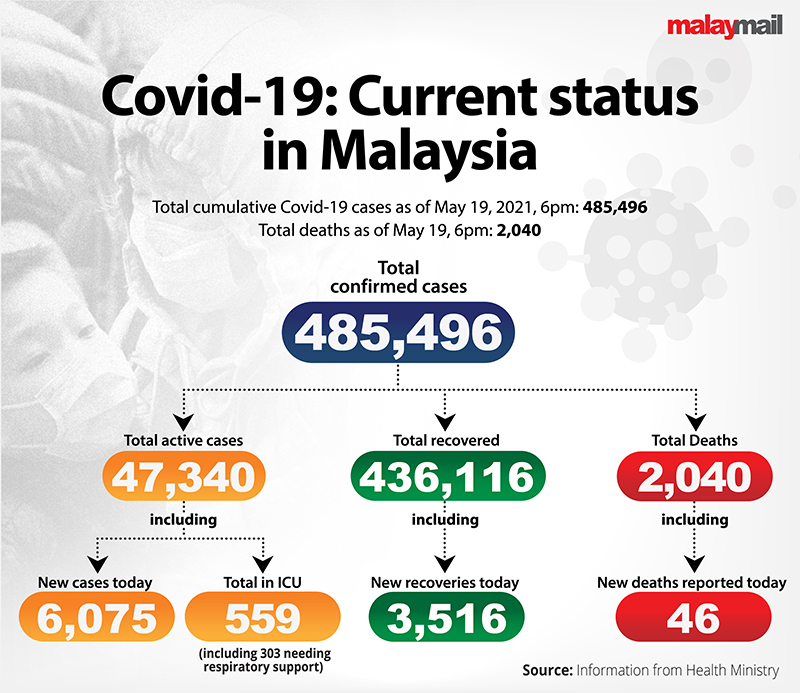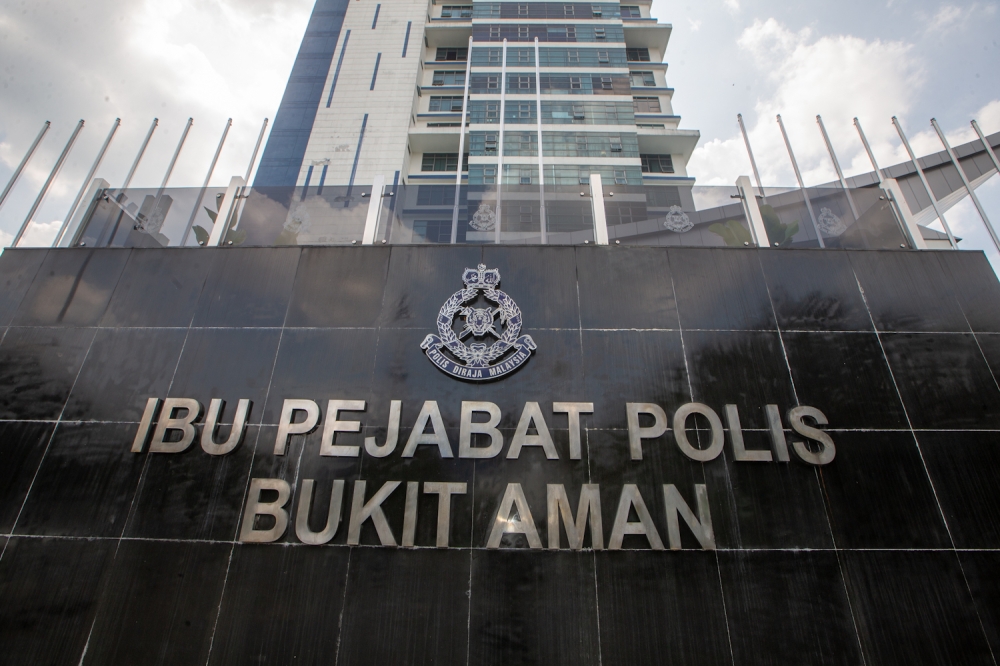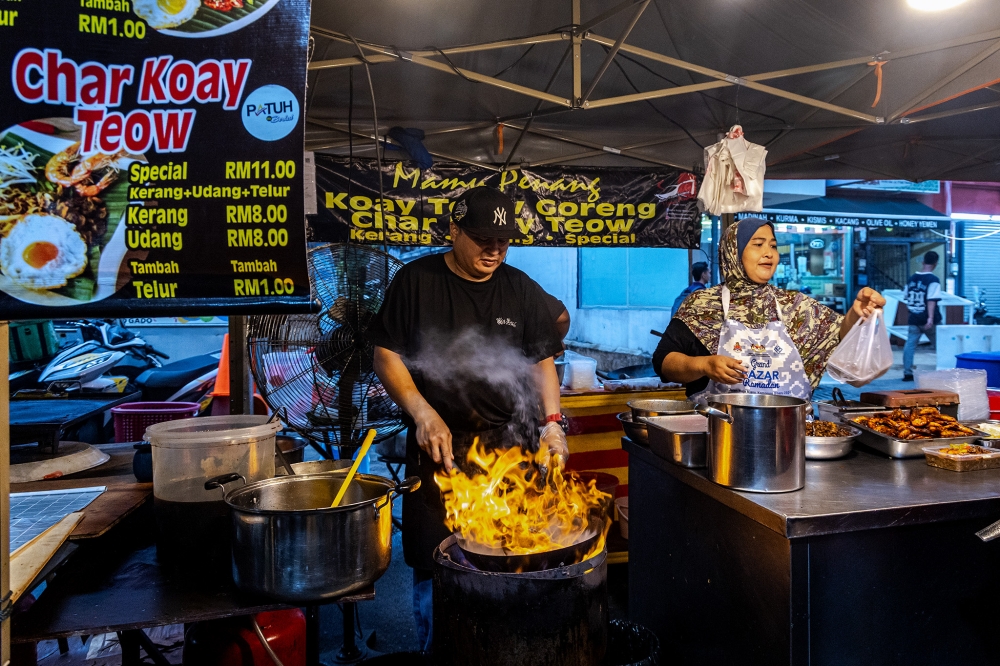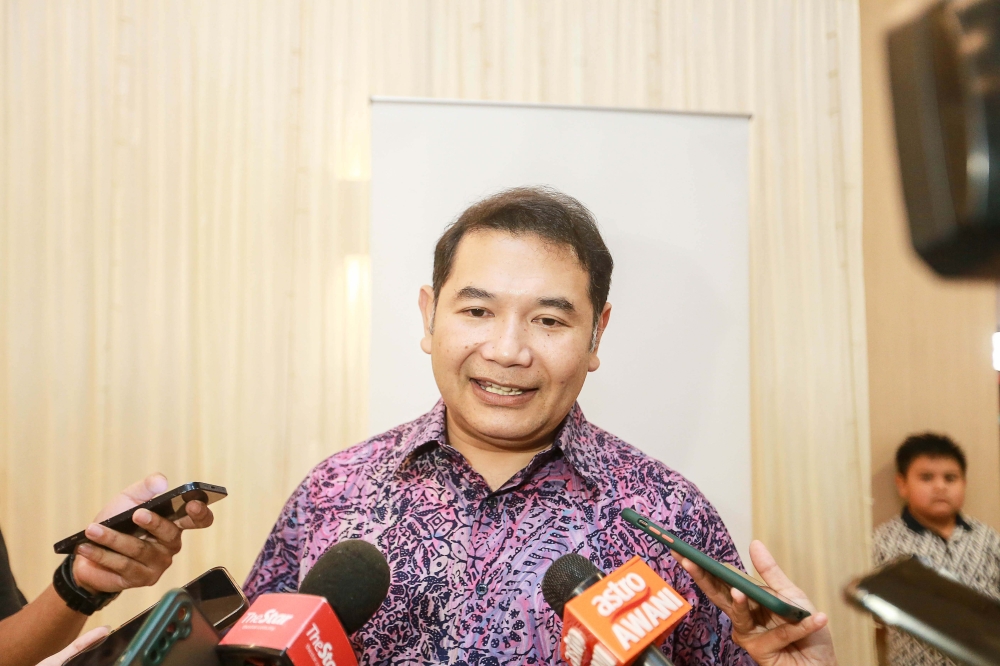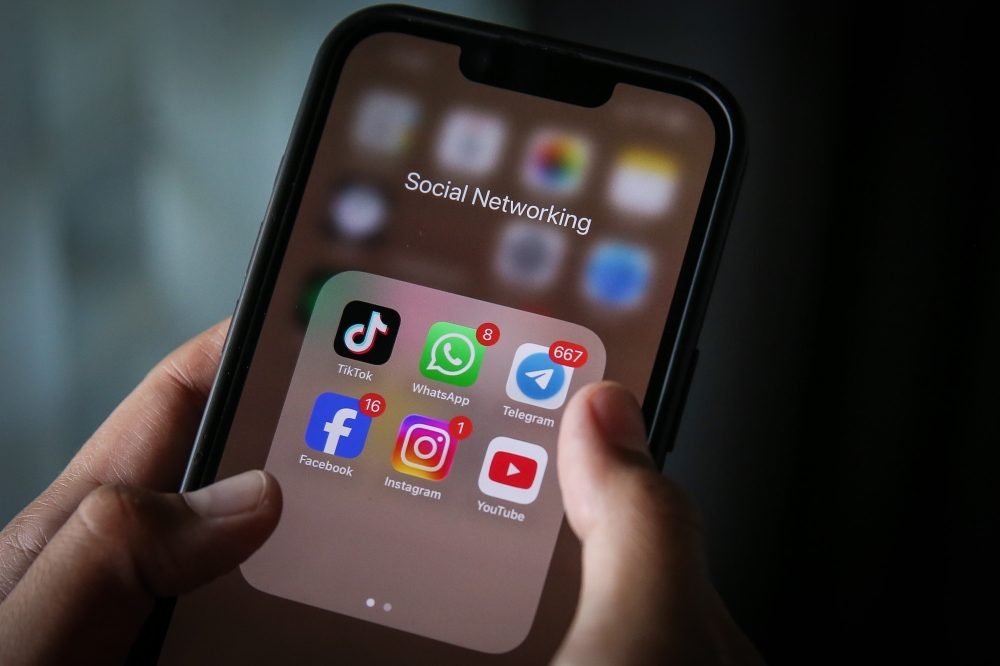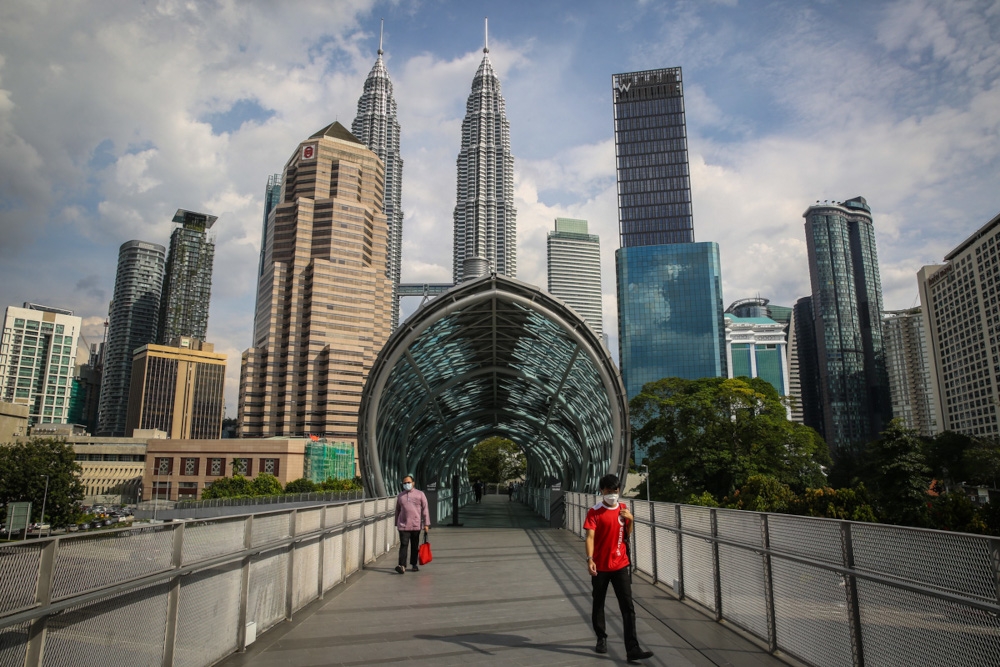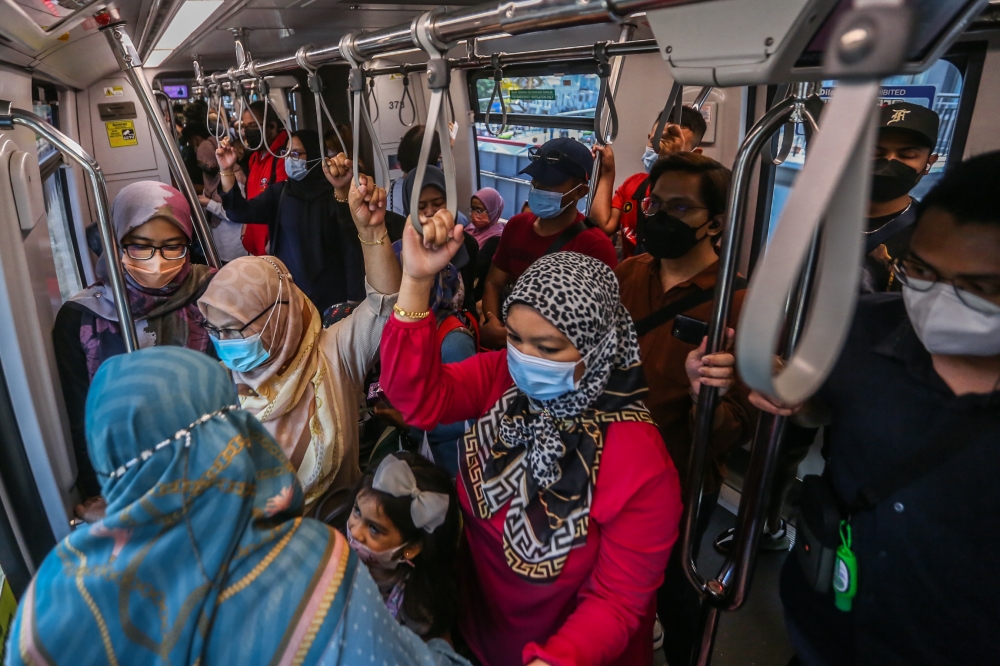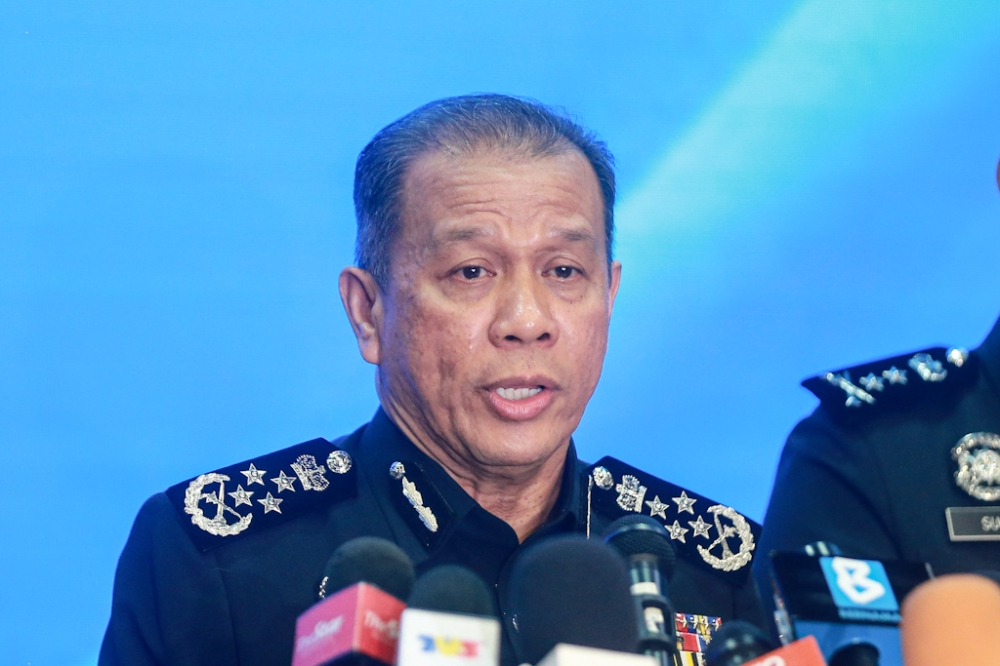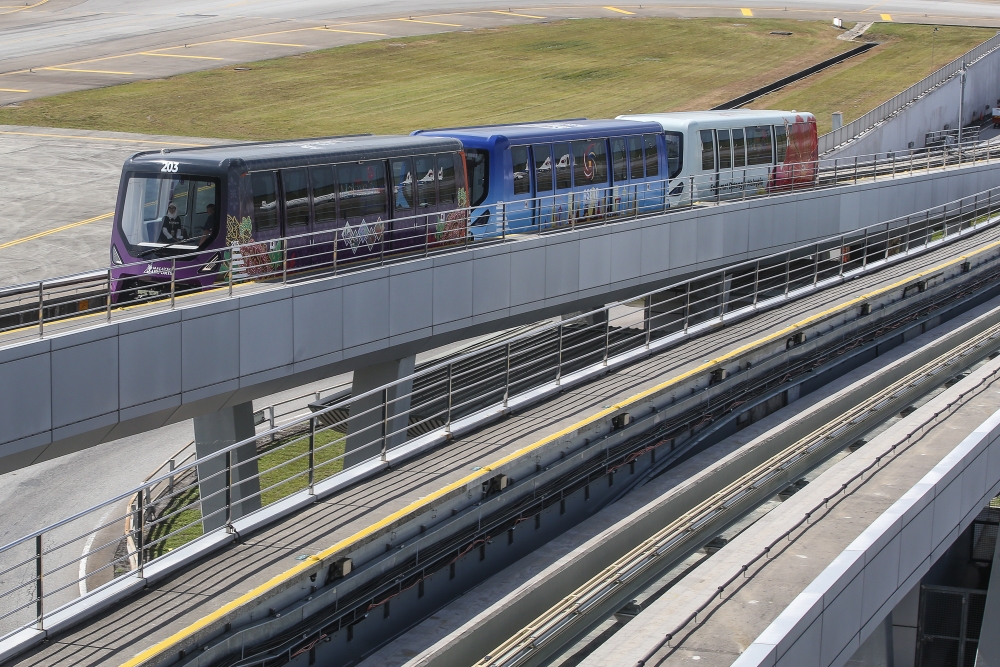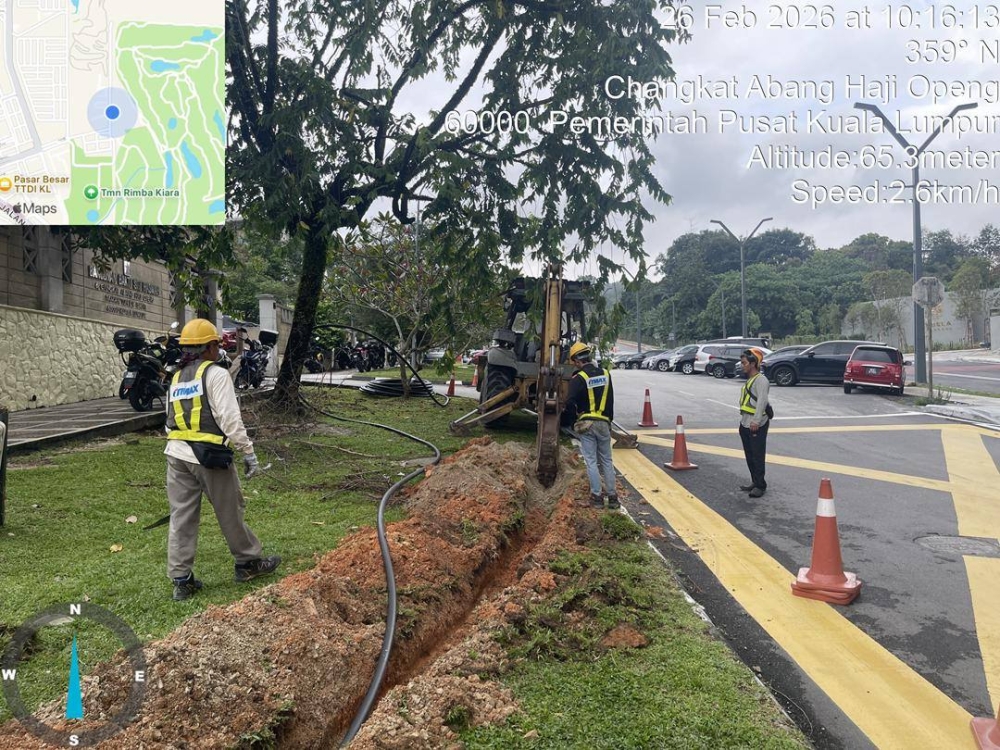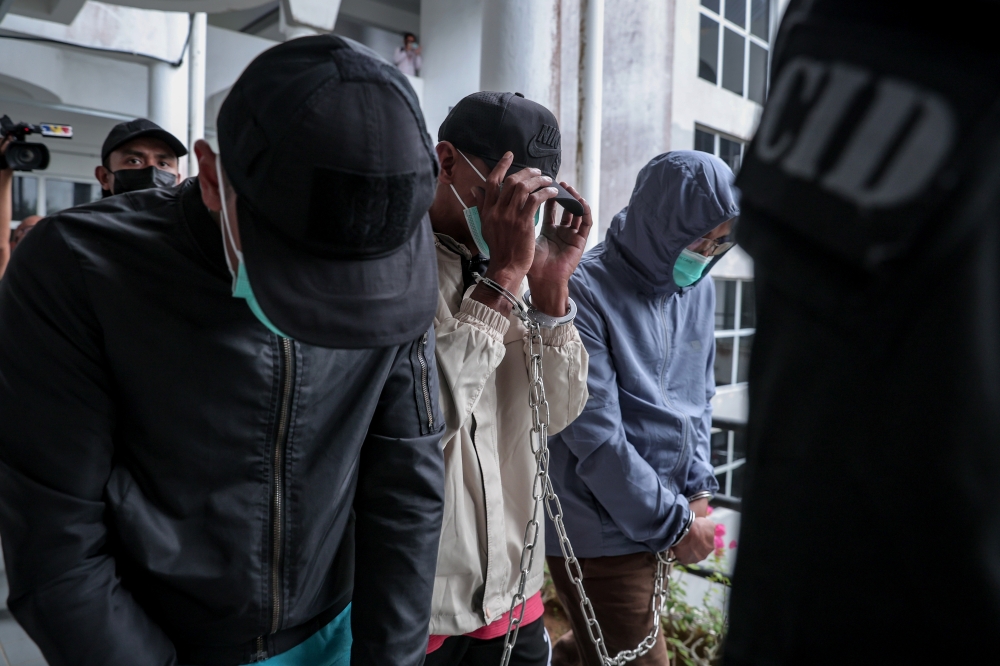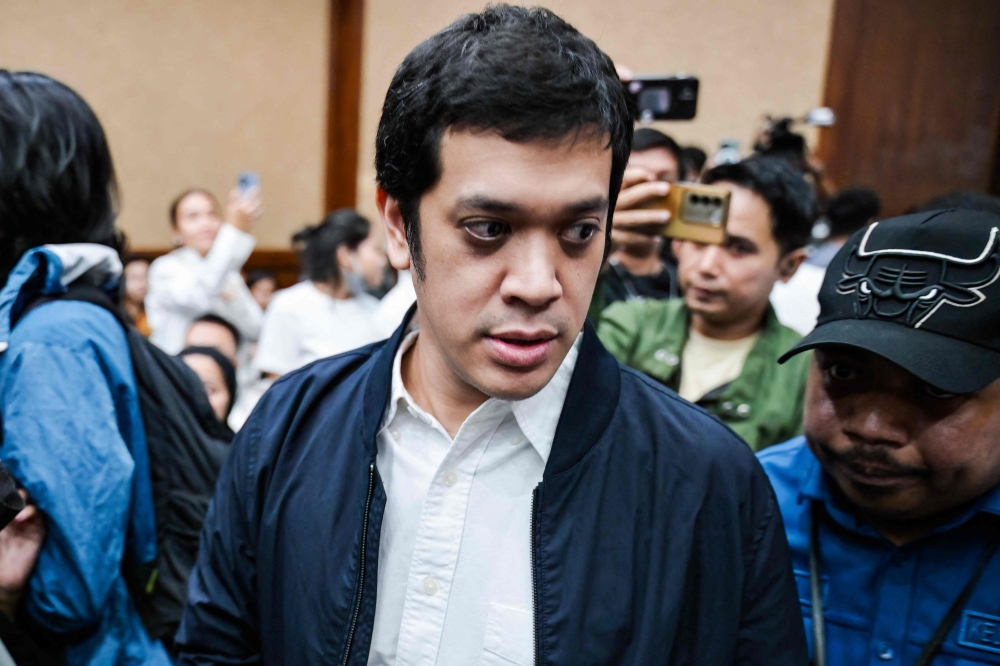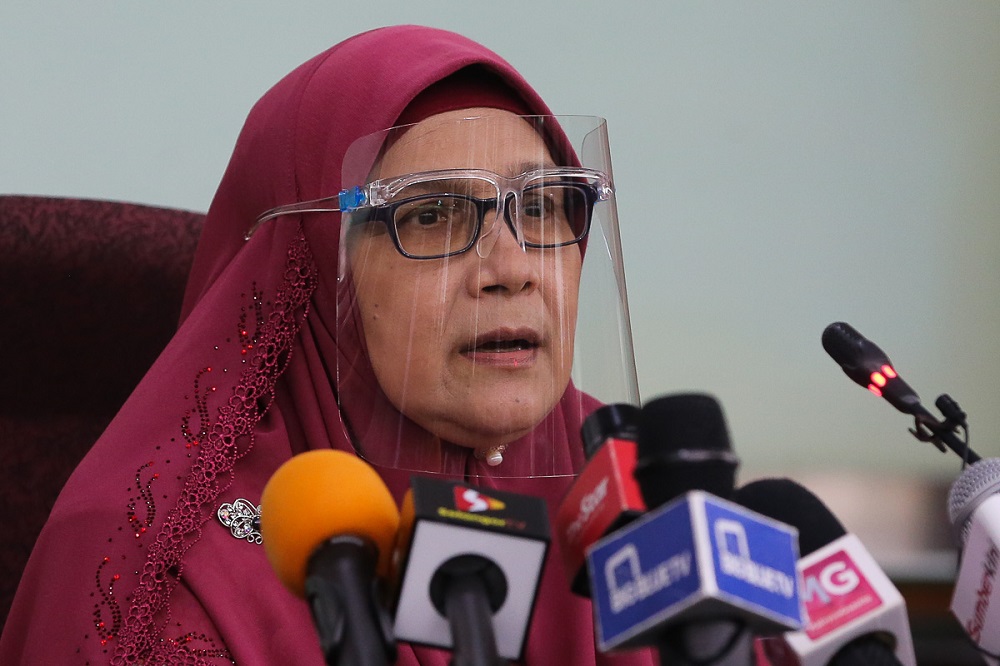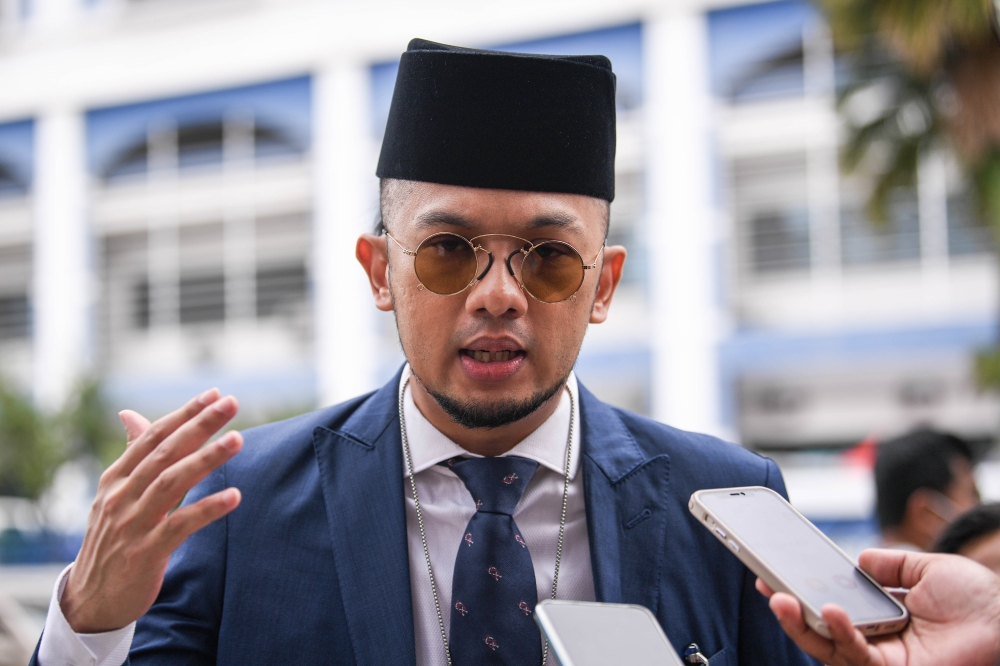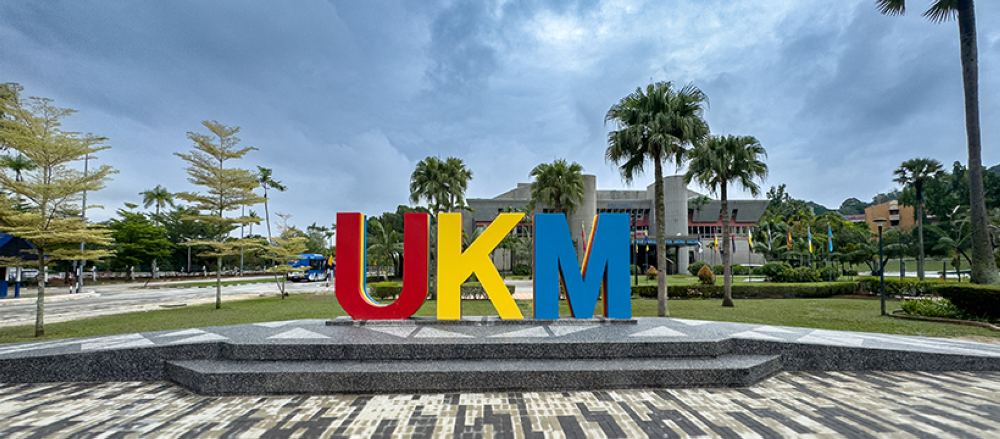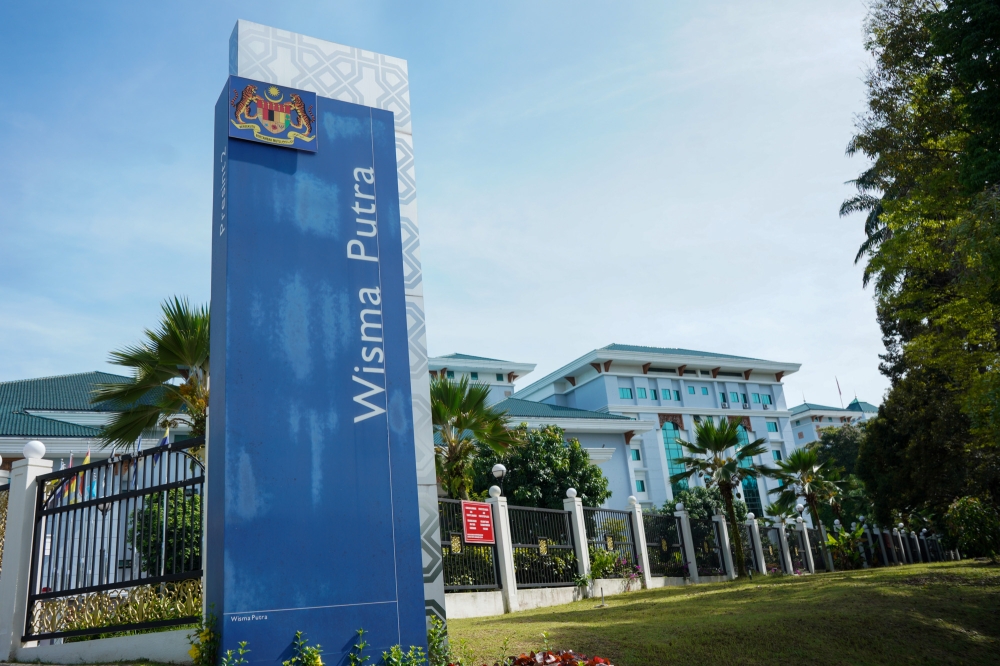KUALA LUMPUR, May 19 — The Selangor state government is finalising its Covid-19 vaccine acquisition plan which will be announced in detail by Mentri Besar Datuk Seri Amirudin Shari next week, after opening interest registration for companies to procure their own supply.
Its Public Health, Unity, Women and Family Development Committee chairman Dr Siti Mariah Mahmud said this is particularly important for workers in the state, given Selangor's economic importance to the country.
“We already expected the vaccination plan will not take place very quickly, so while frontliners and the elderly are given priority we also want to focus on workers, who are equally important.
“Selangor greatly depends on these factories and industries, seeing as how they contribute to nearly 25 per cent of the nation's GDP. We cannot afford to weaken our economic sectors,” she said during a special press conference on the Covid-19 situation in the state.
For the state government to use any vaccine, those vaccines must first be approved by the National Pharmaceutical Regulatory Agency.
“At present only three vaccines have been approved, namely Pfizer-BioNTech, Sinovac, and Astra-Zeneca. All three are being supplied by the central government to the rakyat.
“Once the vaccine companies have finished their respective arrangements to supply to the central government, they can then focus on supplying to us on a state level. This is being finalised and will be announced by the mentri besar next week,” Dr Siti said.
She said Selgate Health Corporation Sdn Bhd, a wholly-owned subsidiary of the Selangor State Development Corporation, has been given the mandate to acquire the vaccines as well as an undisclosed amount of funds by the state government to do so.
“If we wait around for the free vaccine (by the central government) to be rolled out, then it is likely that economic frontliners will end up being the last to get vaccinated.
“Therefore the Selangor state government is taking this initiative, as we know there are employers who are willing to buy the vaccine for their workers, out of the concern that any delays could result in the frequent opening and closures of factories which will exacerbate the economic situation,” she said.
Dr Siti said the Selangkah app has already recorded the registrations of over one million factory workers in the private sector.
“Employers of course can buy the vaccine for their workers, while we are considering vaccinating the needy and marginalised groups for free, based on the feedback we have received from NGOs and charity organisations.
“These include the elderly in care homes, those in dialysis centres, refugees, and the like. If we do not pay these groups attention, then Selangor’s vaccination efforts will be met with failure,” she said.
Dr Siti said only an estimated 3.3 per cent of people in Selangor have been vaccinated, which is a cause for concern as this is lower than other states.
“We believe that if we can achieve the target of 80 per cent vaccination rate for Selangor residents, it will provide some form of herd immunity and protection overall,” she said.
